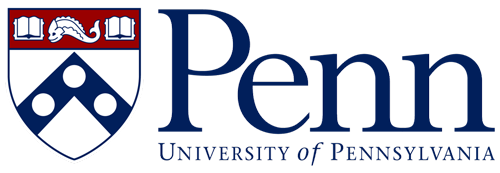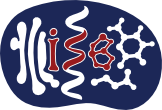Vazquez C, Swanson SE, Negatu SG, Dittmar M, Miller J, Ramage HR, Cherry S, Jurado KA. SARS-CoV-2 viral proteins NSP1 and NSP13 inhibit interferon activation through distinct mechanisms. PLoS One. 2021 Jun 24;16(6):e0253089. doi: 10.1371/journal.pone.0253089. PMID: 34166398; PMCID: PMC8224853.
Abstract
Severe acute respiratory syndrome coronavirus 2 (SARS-CoV-2) has caused a devastating global pandemic, infecting over 43 million people and claiming over 1 million lives, with these numbers increasing daily. Therefore, there is urgent need to understand the molecular mechanisms governing SARS-CoV-2 pathogenesis, immune evasion, and disease progression. Here, we show that SARS-CoV-2 can block IRF3 and NF-κB activation early during virus infection. We also identify that the SARS-CoV-2 viral proteins NSP1 and NSP13 can block interferon activation via distinct mechanisms. NSP1 antagonizes interferon signaling by suppressing host mRNA translation, while NSP13 downregulates interferon and NF-κB promoter signaling by limiting TBK1 and IRF3 activation, as phospho-TBK1 and phospho-IRF3 protein levels are reduced with increasing levels of NSP13 protein expression. NSP13 can also reduce NF-κB activation by both limiting NF-κB phosphorylation and nuclear translocation. Last, we also show that NSP13 binds to TBK1 and downregulates IFIT1 protein expression. Collectively, these data illustrate that SARS-CoV-2 bypasses multiple innate immune activation pathways through distinct mechanisms.

